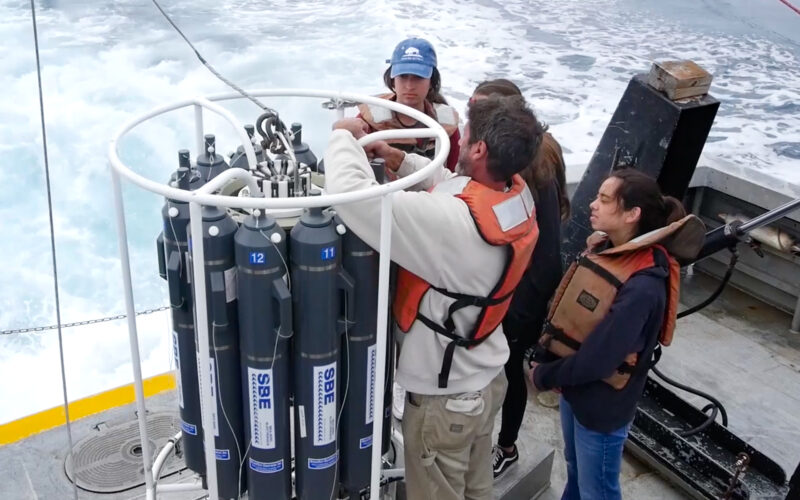Wrigley Institute launches new research centers
The USC Wrigley Institute for Environmental Studies (WIES) is launching three new research centers to support original, solutions-focused work on the world’s most pressing environmental and sustainability challenges.
“The Wrigley Institute Research Centers mark a bold and important step in our journey to becoming one of the nation’s premier environmental and sustainability programs,” says Wrigley Institute Director and USC psychology professor Joe Árvai. “We have a long tradition of serving as a launchpad for diverse faculty-led projects, and this new arrangement adds resources to support institute-led research from across a wider array of disciplines.”
Each of WIES’s three new research centers will focus on a specific theme: Earth and Environmental Systems, Applied Environmental Solutions, and Social Transformation. The three centers will merge the interdisciplinary expertise of the Wrigley Institute’s affiliated faculty, full-time senior scientists, post-doctoral fellows, and graduate students to better understand and help to solve environmental and sustainability challenges. Going forward, WIES’s Faculty Innovation Awards will expand in size and will seed projects to be completed within the new centers.

Focused on the physical sciences, the Center for Earth and Environmental Systems monitors the natural systems that make up our environment and develops scientific insights about our changing planet. By drawing on the latest research in fields such as marine biology, oceanography, microbiology, geology, and terrestrial ecology, the center seeks to improve our understanding of the environmental changes that may imperil our future. The Wrigley Institute’s San Pedro Ocean Time-series program, which measures the health of the urban ocean adjacent to Los Angeles, falls under this umbrella, as will new research and monitoring initiatives on land and at sea.
The Center for Applied Environmental Solutions addresses the manifold and growing environmental challenges facing our world. It serves as WIES’s research and development hub, with a focus on turning science into action by testing the feasibility of new ideas and determining how to convert them into workable practices and technology. The institute’s kelp-to-biofuel project, which has garnered international attention, is one of the current cornerstones of this center. Applied Environmental Solutions also supports depolymerization work led by Gabilan Assistant Professor of Chemistry Megan Fieser, whose lab is developing chemical methods for recycling commercial plastics such as PVC.
Through the Center for Social Transformation, WIES is expanding its reach to encompass the social sciences, humanities, and arts. “Problems of sustainability and the environment touch on every aspect of our lives. They’re also becoming more urgent by the day, so it’s important that we address them from as many angles as possible,” says Wrigley Institute Associate Director for Research and Engagement Jessica Dutton. Projects developed under this center investigate how people think, what they believe, and, ultimately, how they behave with regard to sustainability and the environment. The center’s goal is to generate insights that will help influence policy and people’s decisions to protect and heal our planet. Initiatives in this center include Professor of History William Deverell’s “The West on Fire” project, which is looking at the social causes of wildfire and better ways to prevent it and live with it, and Árvai’s Judgment and Decision-Making Lab, which studies how people think and behave when confronted with a wide range of environmental risks and opportunities.
